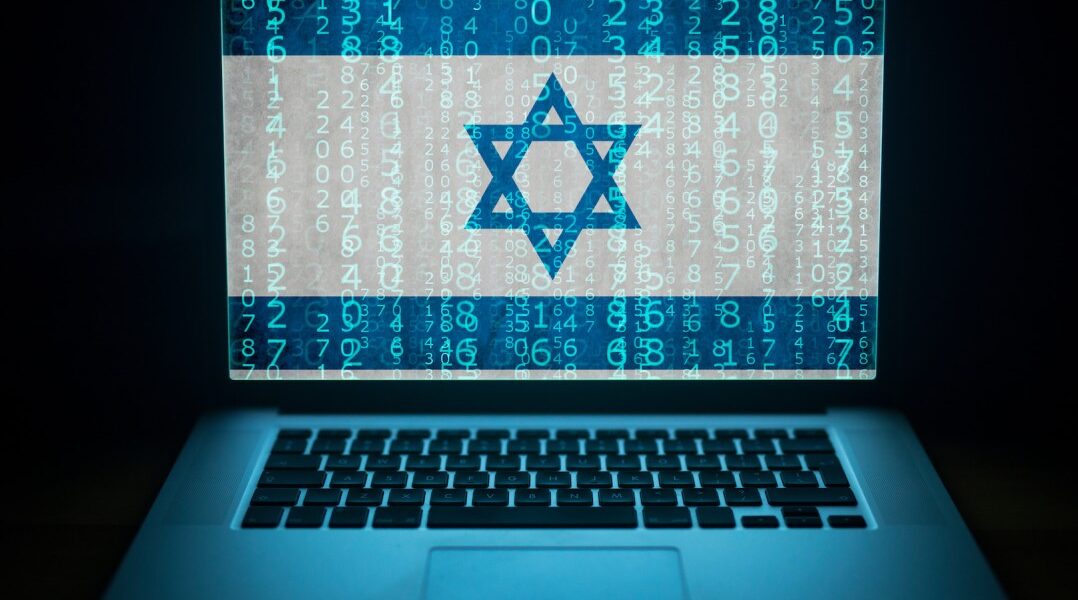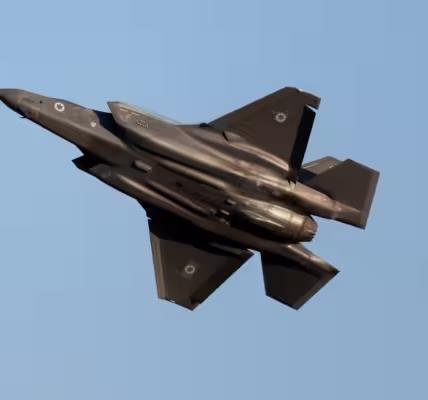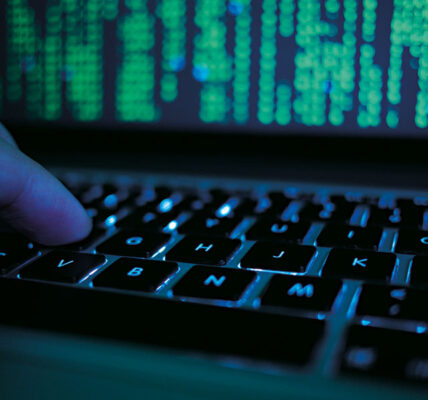
Israel is creating a new defence system called Cyber Dome to protect the country from online attacks being launched by Iran and its proxies in the wake of the Hamas October attack.
Inspired by Israel’s Iron Dome missile defence system, the Cyber Dome is like a digital shield which aims to counter cyber attacks through a combination of artificial intelligence (AI), real-time threat detection, and international cooperation.
While specific details of the Cyber Dome system remain secret, expert analysts describe how the system is expected to work:
- Real-time threat detection: AI analyses complex data sets to identify potential cyberattacks in real-time.
- Expertise collaboration: Officials with cybersecurity knowledge from different sectors are involved.
- Threat response: Once threats are identified, Israel’s cyber response team will take appropriate action.
- International cooperation: Israel seeks to share information and potentially build a regional cyber defence network.
The need for the Cyber Dome is highlighted by Israel’s National Cyber Directorate (INCD), which recorded 2.5 times more cyber attacks in the first few months following October 7th, compared to the same period from the previous year. This totalled 3,380 incidents from the attack to the end of 2023.
INCD’s report found that there was a total of 13,040 verified cyber attack reports registered throughout 2023, a 43% increase from the previous year.
The report stated: “The war brought with it an increase in cyber attacks that intensified gradually, shifting from a focus on information theft to disruptive and damaging attacks.
“At the beginning of the war, the attacks were simple and unsophisticated, mainly aimed at creating public discord. Over time, they became more focused and aimed at effectively disrupting organisations. The attacks targeted essential organisations and aimed to create a wide impact by attacking prominent companies in the supply chain for many organisations. As the war progressed, more hackers were identified to be working for Iran and Hezbollah.”

Gaby Portnoy, head of the INCD, stated that the intensity of attacks against the nation have tripled. He said these attacks have become increasingly aggressive, targeting not only Israel but also its allies.
The cyber defence chief said: “We have identified that Iran is attacking its allies and other countries for information extortion and damaging digital services.
“The information stolen from government systems is then used for Iranian cyberterrorism.
“That makes Iranian cyber aggression an international problem, not only an Israeli one, and therefore the solution needs to be international.”
Recognising the global nature of cyber threats, Israel also has the “Crystal Ball,” a collaborative and multilateral threat intelligence platform which is powered by Microsoft technology.
The platform, which is being developed in collaboration with the United Arab Emirates (UAE), is designed with the latest technologies, with integrated security, automation, and AI, to detect and prevent attacks.

Mohamed Al Kuwaiti, UAE’s head of cyber security, said: “Cyberthreats do not distinguish between nations, do not distinguish between entities or people. That is why we need to unite against those threats, and the Crystal Ball, that we are aiming for the whole community, will be the first step toward that.”
At least 10 nations are actively using and sharing information on the “Crystal Ball” platform and it is open to 60 members of the International Counter Ransomware Initiative (CRI), the largest international cybersecurity collaboration partnership for combating cybercrime at the state level.
































































































































































































































































































